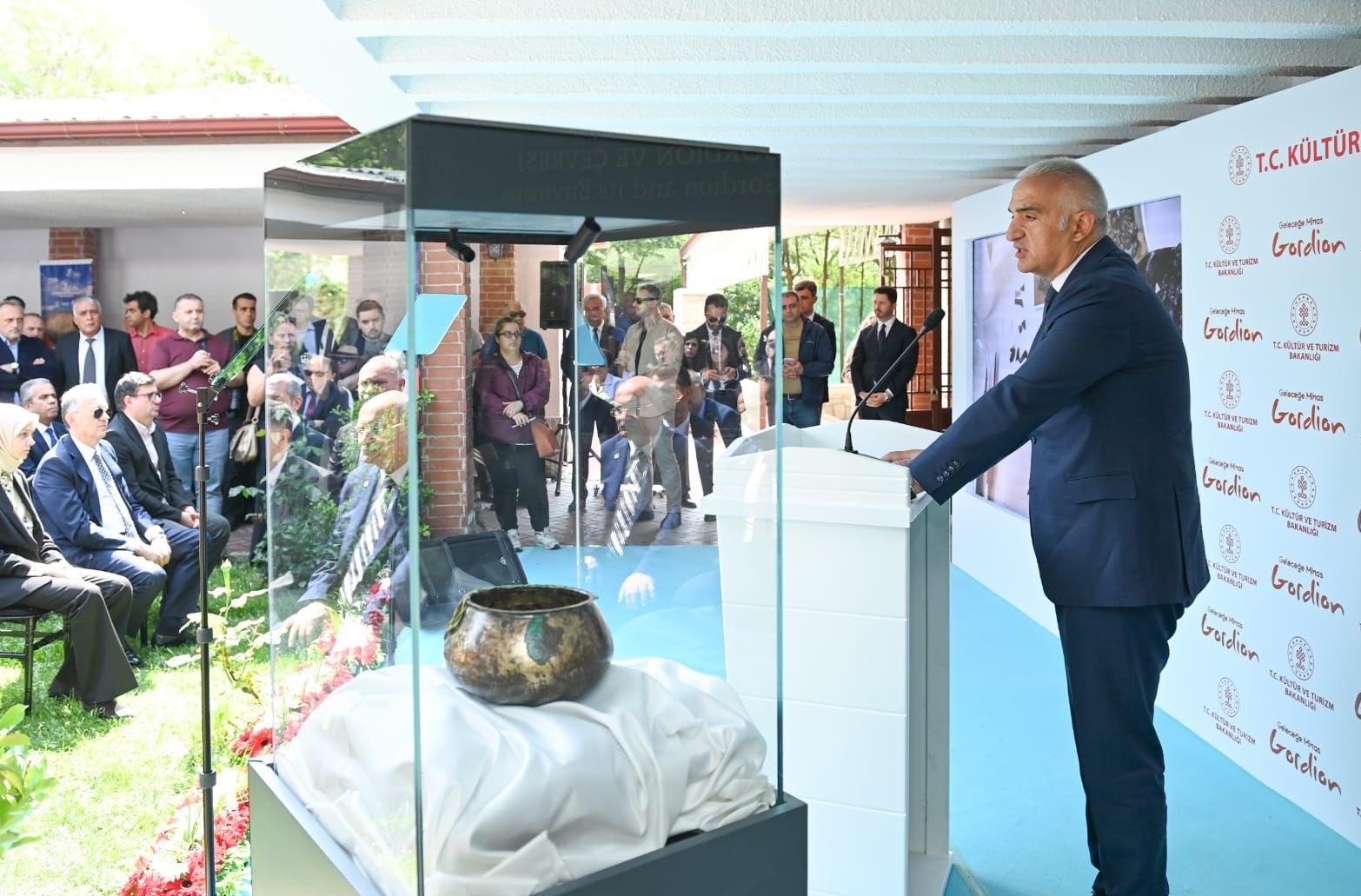Archaeologists from the Gordion Project have uncovered a Phrygian royal tomb, potentially belonging to a member of King Midas’ Family from the 8th century BC.
Gordion was the capital city of Phrygia, situated at the modern-day site of Yassıhüyük, Turkey. The most famous king of Phrygia was Midas, who reigned during the Middle Phrygian period at Gordion.
There are many, often contradictory, legends about King Midas, but the most famous is the story of the “Midas Touch.” According to the myth, the god Dionysus granted Midas a wish, and he asked that everything he touched be turned to gold. However, the gift soon became a curse when his food, drink, and even his daughter were transformed into lifeless gold.
Excavations of Tumulus 47 (T26) revealed a wooden burial chamber measuring 3.1 by 2.8 metres. Inside the chamber is a treasure trove of funerary artefacts, such as cauldrons, incense burners, and ceremonial vessel made from well-preserved bronze and iron.
One of the most notable finds is a bronze jug wrapped in linen, an extremely rare example of textile preservation dating back 2,700 years.
According to experts, the tomb likely belonged to a Phrygian king or member of the high-status ruling class, possibly even a family member of King Midas himself.
Charles Brian Rose from the Gordion Project, said: “We have bronze vessels from the middle of the 8th century BC. It’s about the same time as the tumulus that Midas built for his father.”
“If you look at the types of vessels that surround the remains of the body, they’re pretty much the same as what you find in the Midas Mound,” added Rose.
Turkish Minister of Culture and Tourism Mehmet Nuri Ersoy hailed the discovery as proof of Anatolia’s “treasure chest of civilisations.” Forty-seven artefacts have already been restored and moved to Gordion Museum, with plans to display the tomb in situ.
Header Image Credit : AA
Sources : AA





